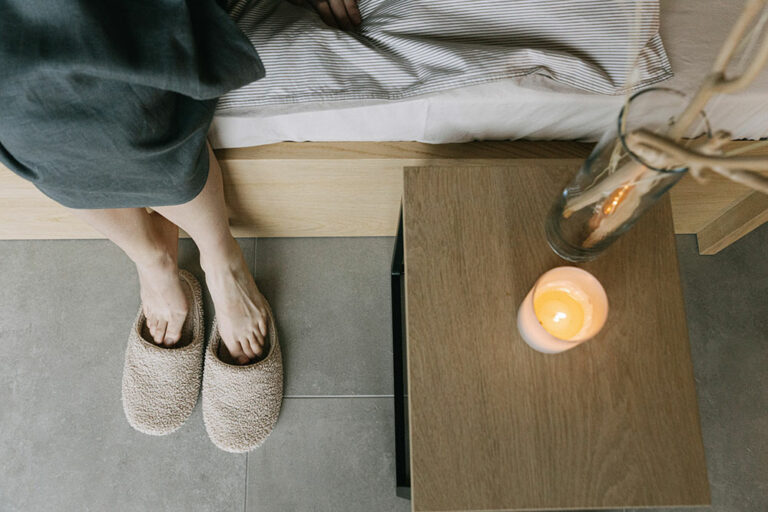Slippers have been a part of human footwear history for centuries. From simple designs made from natural materials to modern-day mass-produced versions, slippers have evolved significantly over time. In this article, we will explore the fascinating history of slippers, from their origins to contemporary styles.
Origins of Slippers
The earliest known use of footwear resembling slippers dates back to ancient civilizations such as Egypt and Rome. These early slippers were made of natural materials like straw and papyrus and were used primarily for protection from the elements or to keep feet clean. In ancient China, slippers were made of silk or cotton and were worn by both men and women.
Over time, slippers began to be made from more durable materials such as leather and fur. Different cultures developed unique styles of slippers to suit their needs. In medieval Europe, slippers were worn indoors and outdoors, with simple designs made from leather or wool. Eastern cultures like China and Japan had a significant influence on European slipper design during this period, with intricate embroidery and embellishments becoming more common.
Renaissance and Baroque Eras
In the Renaissance and Baroque periods, slippers became increasingly ornate and decorative. They were worn as a symbol of wealth and status, with upper classes favoring luxurious materials like silk and velvet. Embroidery and other embellishments were also popular, with designs becoming more elaborate and intricate.
During this period, a popular type of slipper was the chopine, a platform shoe worn by women to elevate their height and status. Chopines could be as high as 20 inches, making walking difficult, and were often worn with long, flowing dresses to conceal the shoes.
Victorian Era
In the Victorian era, slippers became even more fashionable. They were worn as an important part of formal attire, with color and fabric playing a significant role in their design. For example, white slippers were worn with evening dress, while black slippers were worn with morning dress. Slippers also played a role in social etiquette, with guests expected to remove their shoes upon entering someone’s home and put on a pair of slippers provided by the host.
Victorian slipper design was highly influenced by Eastern cultures, with intricate embroidery and beading being incorporated into the design. A popular style of Victorian slipper was the slip-on, which was easy to put on and take off and could be worn with both formal and casual attire.
20th Century
In the 20th century, slipper design underwent significant changes. With the advent of new manufacturing techniques and materials like rubber and synthetic fabrics, slippers became more affordable and widely available. Mass-produced versions of popular styles like the moccasin and scuff slipper emerged, making them accessible to a wider range of people.
During the 1950s and 1960s, slipper design became more playful and colorful. Animal-shaped slippers, such as those resembling dogs or cats, became popular among children and adults alike. Novelty slippers, featuring popular characters from movies or TV shows, also became popular during this period.
Contemporary Slippers
Today, slippers are still widely worn in households around the world. While traditional styles like the moccasin and scuff slipper remain popular, modern designers have introduced new styles and materials to the mix. From slippers made from eco-friendly materials to high-tech versions with built-in heating and cooling systems, there is a wide range of options available to suit any taste or need.
One popular contemporary style of slipper is the slipper boot, which is a combination of a slipper and a boot. Slipper boots are typically made from soft, warm materials like wool or shearling and are designed to be worn indoors or outdoors. They provide added warmth and comfort, making them a popular choice during the colder months.
Another popular contemporary style of slipper is the slide, which is a slip-on sandal with a flat sole. Slides are typically made from rubber or other synthetic materials and are popular among both men and women. They are often worn as casual footwear, both indoors and outdoors.
In recent years, there has been a growing trend toward eco-friendly and sustainable slipper design. Many designers are using natural and recycled materials like cork and hemp to create slippers that are both stylish and environmentally conscious.
In conclusion, slippers have come a long way since their humble beginnings as simple foot coverings. Over the centuries, they have evolved to become an important part of fashion and footwear history. Today, slippers are available in a wide range of styles and materials, from traditional designs made from natural materials to high-tech versions with built-in features. No matter what your style or needs may be, there is a slipper out there for you.

